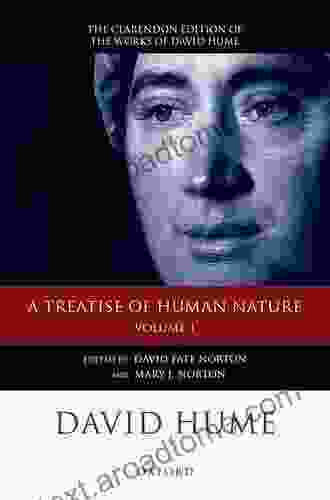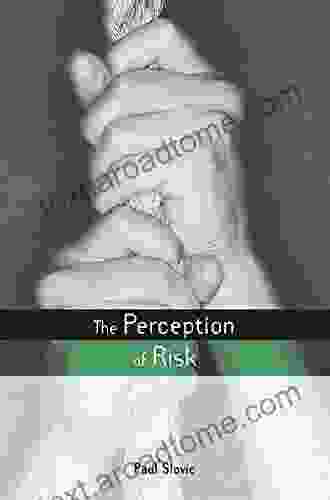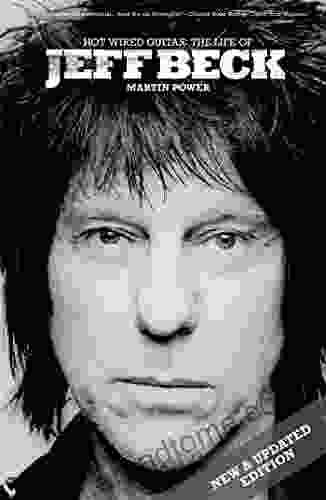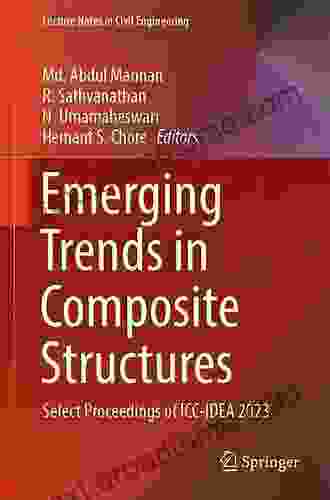Unlock the Enigma of Human Existence with "The Treatise on Human Nature"

An Intellectual Odyssey into the Depths of the Human Condition
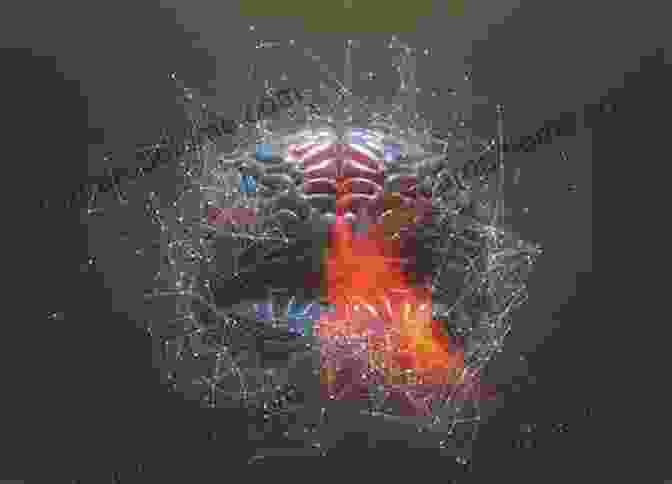
"The Treatise on Human Nature" by David Hume is an enduring masterpiece that has captivated and challenged readers for centuries. This seminal work offers a groundbreaking exploration of the human mind, delving into the fundamental nature of perception, knowledge, morality, and free will. With its lucid prose, razor-sharp arguments, and profound insights into human experience, Hume's "Treatise" continues to inspire, provoke, and enlighten.
5 out of 5
| Language | : | English |
| File size | : | 1890 KB |
| Text-to-Speech | : | Enabled |
| Screen Reader | : | Supported |
| Enhanced typesetting | : | Enabled |
| Word Wise | : | Enabled |
| Print length | : | 432 pages |
Unraveling the Mysteries of Perception
Hume commences his intellectual inquiry by examining the nature of perception and the limits of human knowledge. He argues that all our knowledge originates from sense experience, and that we have no direct access to reality beyond our subjective impressions. This empiricist approach challenges traditional conceptions of truth and reality, forcing readers to grapple with the fundamental question: How do we know what we know?
The Architecture of the Human Mind
Hume proceeds to dissect the human mind, delineating its various faculties and their respective roles in our cognitive processes. He identifies the imagination as the engine of thought, the memory as the repository of experience, and the understanding as the arbiter of reason. Through meticulous analysis, Hume uncovers the complex interplay of these faculties, providing a comprehensive framework for understanding human psychology.
The Ambiguities of Morality
In one of the most influential sections of the "Treatise," Hume turns his attention to the enigmatic realm of morality. He rejects the notion of innate moral principles and argues that moral judgments are subjective and rooted in our emotions. Hume's provocative theory of morality, known as utilitarianism, emphasizes the role of utility and happiness in ethical decision-making, challenging long-held beliefs about the nature of right and wrong.
The Enigma of Free Will
Hume concludes his philosophical inquiry by tackling the perennial question of free will. He presents a powerful argument against the traditional concept of free will, proposing instead that our actions are the product of deterministic forces and that we are not ultimately responsible for our choices. Hume's analysis of free will has sparked countless debates and remains a central issue in contemporary philosophy.
A Legacy that Resonates
Published in 1739, "The Treatise on Human Nature" was initially met with controversy and skepticism. However, its brilliance and originality gradually gained recognition, and it has since become one of the most influential philosophical works ever written. Hume's ideas have deeply influenced subsequent thinkers, from Immanuel Kant to John Stuart Mill, and continue to shape our understanding of the human condition.
Embrace the Intellectual Journey
"The Treatise on Human Nature" is not a light read, but it is an intellectually rewarding one that promises to challenge your preconceptions, expand your knowledge, and deepen your understanding of yourself and the world around you. If you are ready to embark on a philosophical journey that will forever alter your perspective, delve into the pages of this seminal work and prepare to be enlightened.
Free Download Your Copy Today!
Discover the power of Hume's ideas and Free Download your copy of "The Treatise on Human Nature" now. This essential philosophical text is available in a variety of formats, including hardcover, paperback, and e-book, to suit your reading preferences.
Join the ranks of great minds who have grappled with the profound truths contained within this masterpiece. Let Hume's insights guide your intellectual journey and illuminate the path towards a deeper understanding of human nature.
5 out of 5
| Language | : | English |
| File size | : | 1890 KB |
| Text-to-Speech | : | Enabled |
| Screen Reader | : | Supported |
| Enhanced typesetting | : | Enabled |
| Word Wise | : | Enabled |
| Print length | : | 432 pages |
Do you want to contribute by writing guest posts on this blog?
Please contact us and send us a resume of previous articles that you have written.
 Book
Book Novel
Novel Page
Page Chapter
Chapter Text
Text Story
Story Genre
Genre Reader
Reader Library
Library Paperback
Paperback E-book
E-book Magazine
Magazine Newspaper
Newspaper Paragraph
Paragraph Sentence
Sentence Bookmark
Bookmark Shelf
Shelf Glossary
Glossary Bibliography
Bibliography Foreword
Foreword Preface
Preface Synopsis
Synopsis Annotation
Annotation Footnote
Footnote Manuscript
Manuscript Scroll
Scroll Codex
Codex Tome
Tome Bestseller
Bestseller Classics
Classics Library card
Library card Narrative
Narrative Biography
Biography Autobiography
Autobiography Memoir
Memoir Reference
Reference Encyclopedia
Encyclopedia Mel Brooks
Mel Brooks Roger Bartra
Roger Bartra Tom Holland
Tom Holland Mary Ann Fay
Mary Ann Fay V M Gopaul
V M Gopaul Nancy Berlinger
Nancy Berlinger Nicola Kendall
Nicola Kendall Natasha C N Prenn
Natasha C N Prenn Patty Tucker
Patty Tucker Margaret Becker
Margaret Becker Matthew Klein
Matthew Klein Tim Derk
Tim Derk Mark Goulthorpe
Mark Goulthorpe Winnie Bowman
Winnie Bowman Win Blevins
Win Blevins Mark S Nixon
Mark S Nixon Sandra Mendelson
Sandra Mendelson Marvin R Goldfried
Marvin R Goldfried Melisa Boutin
Melisa Boutin James Larue
James Larue
Light bulbAdvertise smarter! Our strategic ad space ensures maximum exposure. Reserve your spot today!

 Chase SimmonsCommentaries On The Words Of Lao Tzu Gautama Buddha And Jesus: A Treasury Of...
Chase SimmonsCommentaries On The Words Of Lao Tzu Gautama Buddha And Jesus: A Treasury Of... Jamal BlairFollow ·6.1k
Jamal BlairFollow ·6.1k Dallas TurnerFollow ·10.9k
Dallas TurnerFollow ·10.9k Guy PowellFollow ·10.5k
Guy PowellFollow ·10.5k Thomas PowellFollow ·5.6k
Thomas PowellFollow ·5.6k Yukio MishimaFollow ·10k
Yukio MishimaFollow ·10k Brett SimmonsFollow ·11.2k
Brett SimmonsFollow ·11.2k Vincent MitchellFollow ·11k
Vincent MitchellFollow ·11k DeShawn PowellFollow ·15k
DeShawn PowellFollow ·15k

 Ralph Ellison
Ralph EllisonIntelligent Video Surveillance Systems: The Ultimate...
In a world...
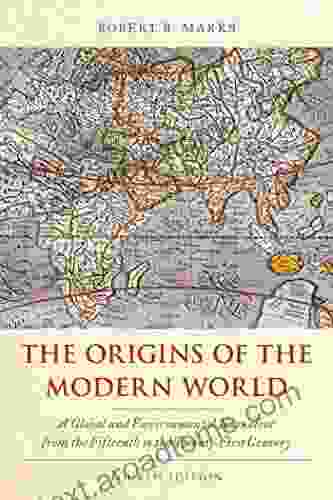
 Jeffrey Cox
Jeffrey CoxThe Origins of the Modern World: A Journey to the Roots...
Embark on an Extraordinary...
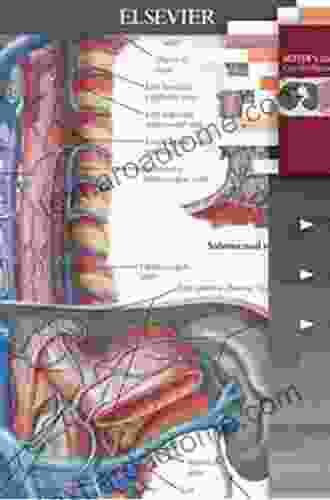
 Paulo Coelho
Paulo CoelhoUnlock the Power of Integrated Medical Imaging with...
In the rapidly evolving...
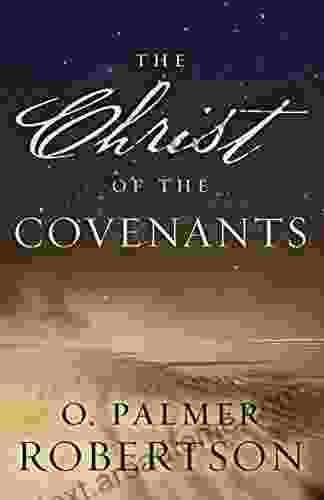
 Charles Reed
Charles ReedThe Christ of the Covenants: Unlocking the Mystery of...
Embark on a Profound...
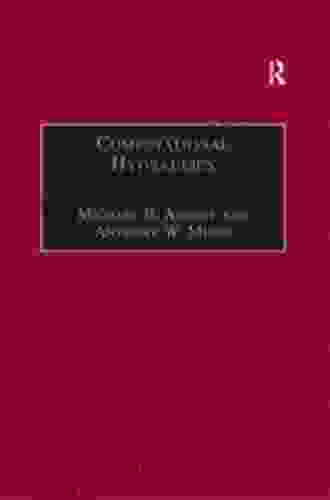
 Elton Hayes
Elton HayesComputational Hydraulics: A Comprehensive Guide for...
In the realm of fluid dynamics,...
5 out of 5
| Language | : | English |
| File size | : | 1890 KB |
| Text-to-Speech | : | Enabled |
| Screen Reader | : | Supported |
| Enhanced typesetting | : | Enabled |
| Word Wise | : | Enabled |
| Print length | : | 432 pages |


